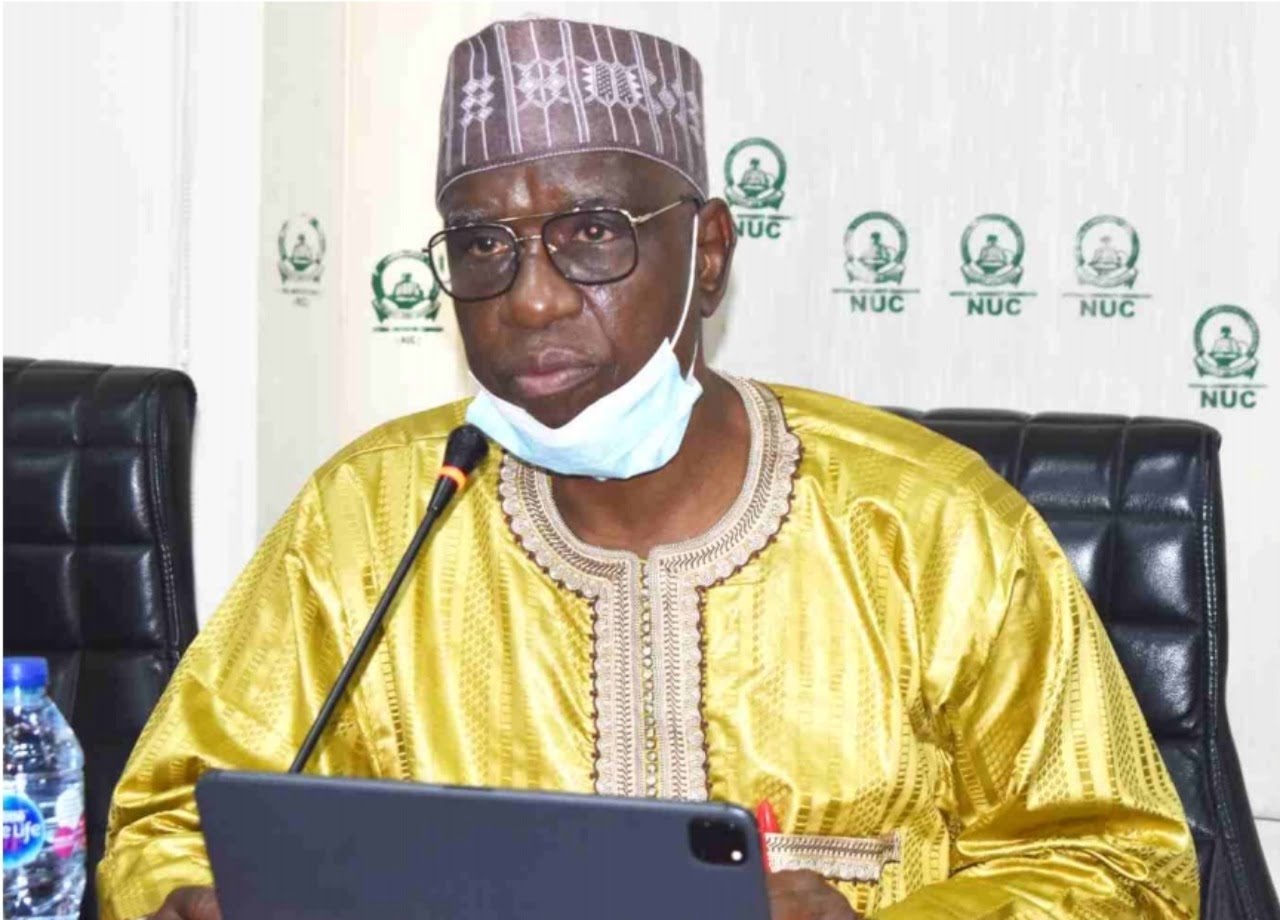According to Professor Abubakar Rasheed, Executive Secretary of the National Universities Commission, the future of education in Nigeria resides in the caliber of primary school instruction.
He stated that in order to address the problem in primary school education, particularly in public schools, and ensure that Nigerian children receive high-quality education, it is vital for stakeholders to unite and work with the government.
This information was revealed by Professor Rasheed during his speech at the old boys association of Kaduna-organized 100th anniversary celebration of LEA Primary School Makarfi Central, which was founded in 1922 with 14 students.
He praised the efforts made by the federal and state governments to enhance the quality of primary and junior secondary school education through the implementation of the Universal Basic Education program, highlighting the difficulties limiting the impact of the efforts and the urgent need to address them.
While he acknowledged that private schools had made significant contributions to the advancement of education in Nigeria, he asserted that they were also filling gaps in the delivery of education at all levels.
“However, it must be noted that public schools are where the majority of students attend. According to the 2018 National Personnel Audit Report, which was conducted at all basic education institutions across the nation, 50,036 or 44% of Nigeria’s 113,460 primary schools were private, or 50,036.
According to Prof. Rasheed, there are 27,889,387 primary school students in total, and 5,504, 632 of them attend private schools, or 20 percent of all students. This indicates that public schools serve a larger population of students, and there is a pressing need to revive or reinvigorate them.
He claimed that the union of former students is essential to saving all initiatives to revitalize institutions like the 100-year-old Makarfi Central Primary School.
As a former student, he asserted that there are areas in which they can step in to save the school, including the creation of new classrooms, the rehabilitation of deteriorating ones, the building of restrooms for both teachers and students, and the provision of classroom supplies, among other things.
Learning will be improved at public schools, according to Senator Ahmed Mohammed Makarfi, a former Kaduna State governor and a former student of the institution, if qualified teachers are hired and instructional resources are made available.
Building or remodeling classrooms, he claimed, does not result in high-quality education; rather, it is the employment of trained teachers and the provision of instructional materials that guarantee a certain level of education in any culture.
